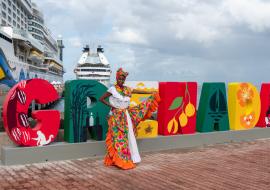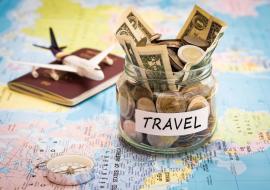Accessible Tourism: A Transformative Opportunity for Destinations and Businesses

With 1.3 billion people worldwide experiencing significant disabilities and a rapidly aging global population, accessible tourism represents a vast, largely untapped market. UN Tourism underscores the immense economic and social benefits of improving accessibility, noting that travelers with disabilities often travel with two to three additional companions, significantly amplifying their economic impact.
To address these opportunities, UN Tourism, in collaboration with the ONCE Foundation and the Spanish Association for Standardization (UNE), has developed comprehensive guidelines aligned with ISO 21902:2021 Standards on Accessible Tourism. These provide actionable recommendations for destinations and businesses to create inclusive travel experiences and cater to the growing demand for accessibility.
The potential market for accessible tourism is staggering: 70% of the 80 million people with disabilities in the European Union can afford to travel, while Asia and the Pacific hold a potential market of 690 million people, and Latin America and the Caribbean add 85 million. These figures highlight the importance of integrating accessibility into tourism strategies to tap into these markets.
Accessible tourism is a proven game-changer for boosting mid- and low-season performance, creating loyal customers, and enhancing the reputation of destinations and businesses. Accessibility measures also improve the quality of life for host communities and visitors alike, making them a win-win investment.
The guidelines target a broad spectrum of tourism stakeholders, including national tourism administrations, accommodation providers, cultural institutions, transport operators, and companies in protected nature areas. Each sector receives tailored strategies to enhance accessibility, ensuring all travelers, regardless of ability, can enjoy tourism on equal terms.
The initiative is supported by 15 key partners, including the European Network for Accessible Tourism (ENAT), Turismo de Portugal, IATA, and the Cruise Lines International Association (CLIA). Their collective expertise has shaped the guidelines, which will be a focal point of discussions at FITUR 2025 in Madrid, highlighting ways to implement accessibility measures effectively.
UN Tourism Secretary-General Zurab Pololikashvili emphasizes that accessibility is not just a right but a strategic advantage. "Everybody should be able to enjoy tourism," he states, adding that the benefits of accessible tourism have never been clearer. By embracing accessibility and innovation, destinations and businesses can secure a competitive edge, drive inclusivity, and deliver transformative experiences for all.














